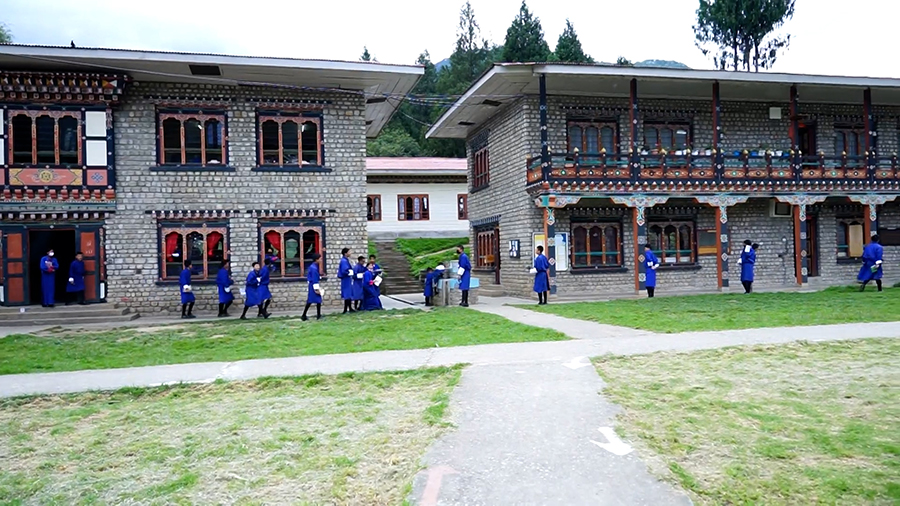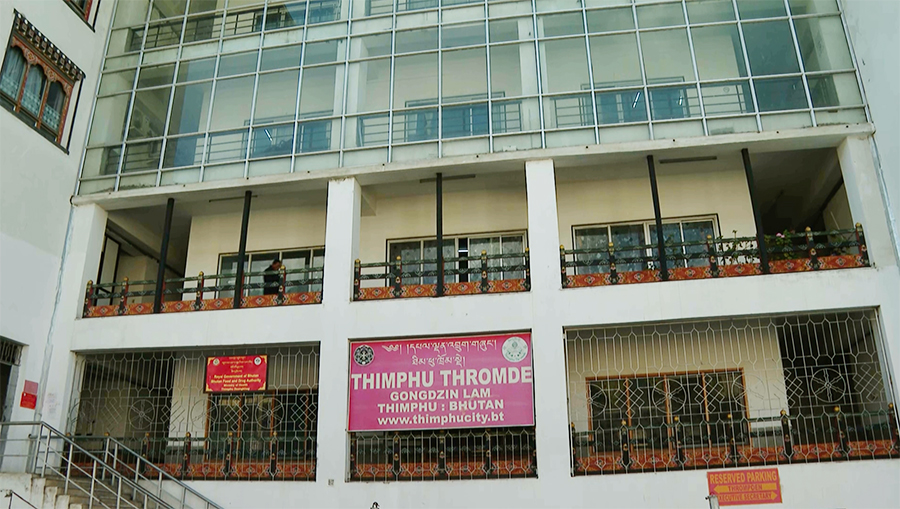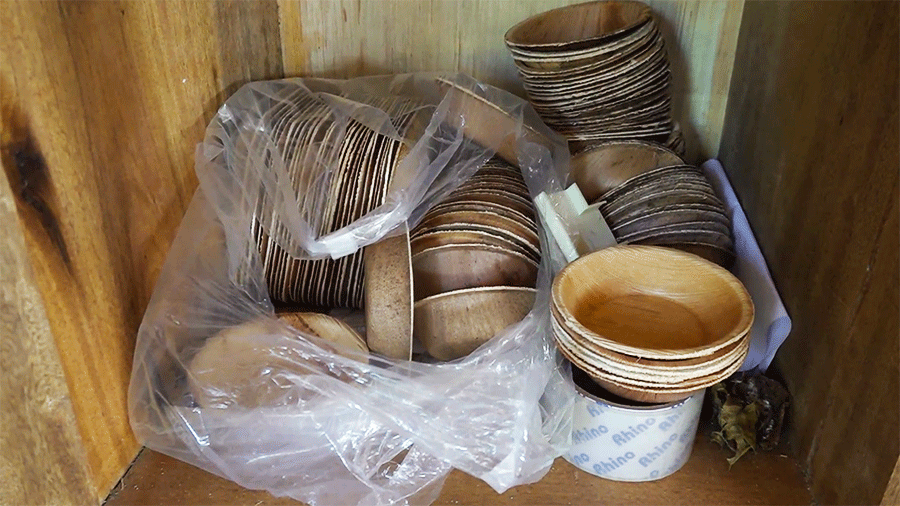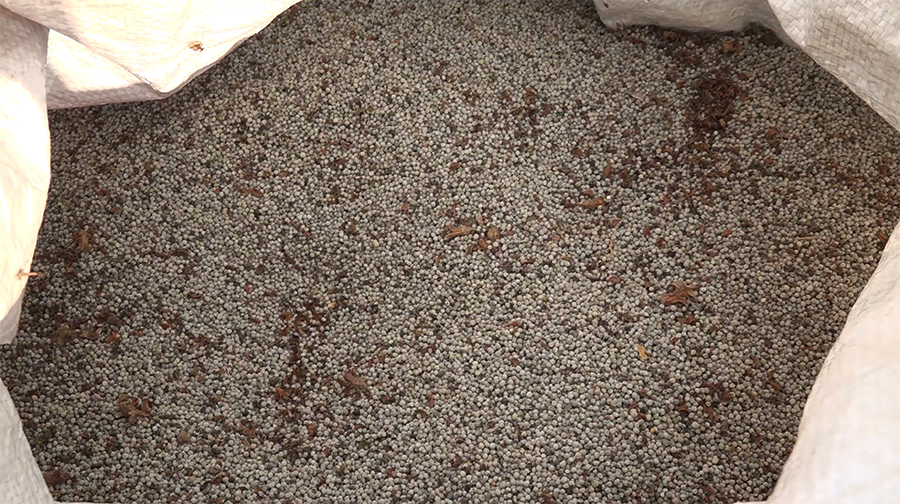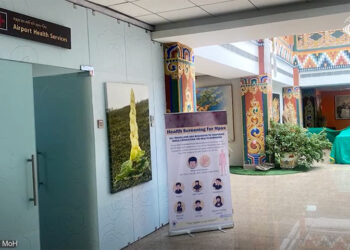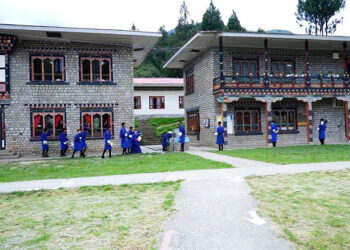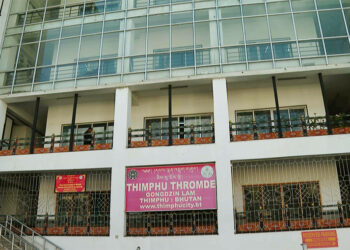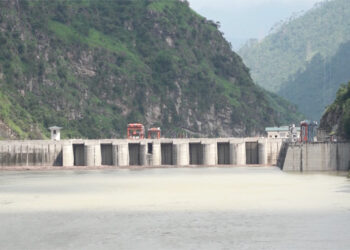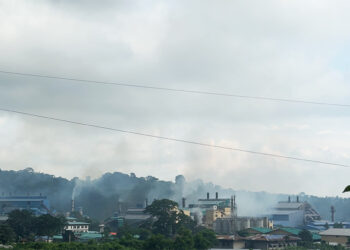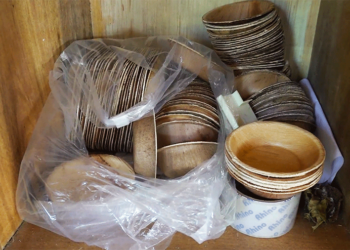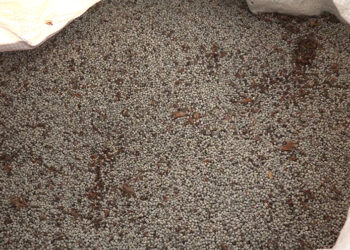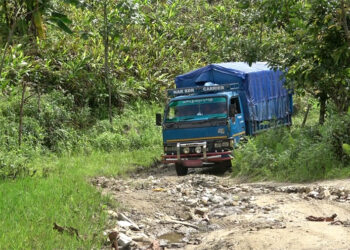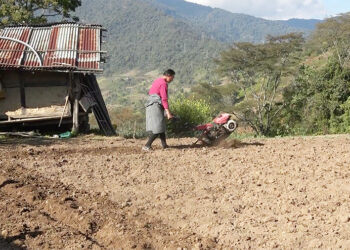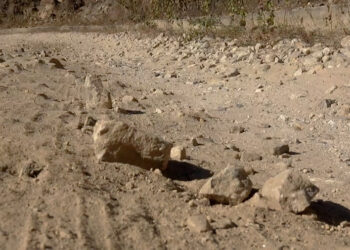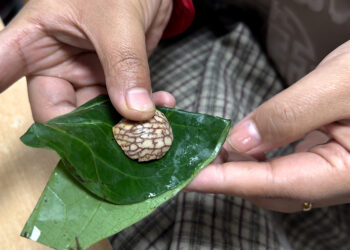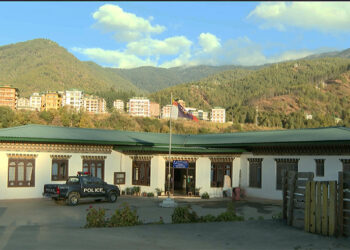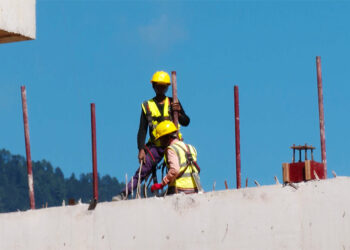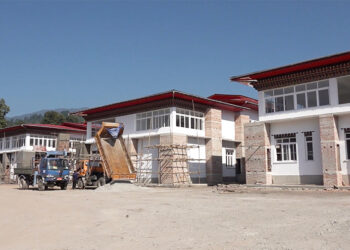Recent Stories
Turning areca nut leaf sheaths into eco-friendly plates
In Samdrup Jongkhar’s Langchenphu Gewog, areca nut leaf sheaths are being transformed into biodegradable plates and cups. These eco-friendly alternatives...
Tashichhoeling farmers struggle with elephant destruction, demand intervention
Farmers of Tashichhoeling Gewog in Samtse, who depend on areca nut farming, are struggling with frequent elephant attacks. These elephants...
Perilla (Zhimtsi) cultivation in Bazor Village disappearing, Samdrup Jongkhar
Growing perilla was once a common practice for the farmers of Gomder Gewog in Samdrup Jongkhar. However, over the years,...
Machinery and tools transform farming in Dagana
Farmers of six gewogs in Dagana have become self-sufficient. Thanks to the support from the Food Security and Agriculture Productivity...
Audit observes poor workmanship in farm road GSB projects
In its latest report, the Royal Audit Authority revealed several audit issues concerning the laying of Granular Sub-Base (GSB) on...
Areca nut use hits 60% in Bhutan, raising health concerns
The National Health Survey 2023 reveals that areca nut consumption among Bhutanese aged 15 to 69 rose to nearly 60...
Politics
RCSC defends PME category, proposes targeted support for civil servants
The Royal Civil Service Commission (RCSC) indicated that it is exploring alternative support measures for civil servants classified under the...
Popular
-
Thimphu Police investigate death of man in suspected burglary
-
Six individuals sentenced to upto nine years in sexual abuse cases of minors
-
Elon Musk’s Starlink satellite internet service reaches Bhutan
-
Four + one model to raise funds for Gelephu Mindfulness City
-
Bitdeer’s 500MW Jigmeling facility to be operational mid-to-late 2025
Recent News
Over 45 students join AFC Social responsibility Programme in Thimphu
More than 45 children from remote schools across the country are taking part in the AFC Social Responsibility Programme, titled "Bridging the Gap," in Thimphu. The five-day initiative, organised by the Bhutan Football Federation is to cultivate a strong sense of responsibility and awareness among young football enthusiasts. The children are from five remote schools in the country. For most...
Public construction quality still lags – RAA Annual Report
The Royal Audit Authority's latest annual report reveals persistent quality issues in public construction, with 139 cases of poor work recorded during the 2023-2024 financial year. Despite follow-ups, only 91 of these cases were resolved, spanning 62 projects. The report urges the government and agencies to enforce stricter measures to curb substandard practices and safeguard public investments. According to the...
Four + one model to raise funds for Gelephu Mindfulness City
The Gelephu Mindfulness City must prioritise financially viable and bankable projects to secure investments. According to its Board Director, Yee Ean Pang, mobilising funds is crucial to realising the vision of Gelephu as a business hub. Speaking at a recent forum in the capital, the board director said that the city would adopt a “four-plus-one” funding model to attract investments....
New 20-bed hospital in Tashichhoeling nears completion, set to open by April 2025
The wait is almost over for the residents of Tashichhoeling Dungkhag in Samtse as the new 20-bed hospital nears completion. 96 per cent of the work is complete. Worth some Nu 500 M, the facility is set to bring improved healthcare services and renewed hope to the community when it opens in April next year. The new hospital is located...
Recent News
- Health Ministry closely monitoring Mpox situation amid cases in neighbouring countries
- National Education Policy to incorporate AI and Robotics in curriculum
- Thimphu Thromde’s fraud and corruption cases forwarded to ACC
- Delay in PHPA-II commissioning to stall economic growth for 2024
- Pasakha to have new hospital
News Category
- Accidents
- Agriculture
- Announcement
- Business
- Crime/Legal
- Culture
- Development
- Disaster
- Economy
- Education
- Entertainment
- Environment
- Featured
- Festival
- GMC
- Headlines
- Health
- Legal
- Literature
- Livestock
- Media
- Other Stories
- Politics
- Recent stories
- Religion
- Sci/Tech
- Social
- Sports
- Technology
- Tourism
- Uncategorized
- Video
- Video Story
- Wildlife
© 2024 BBSCL. All rights reserved.


